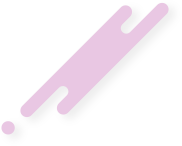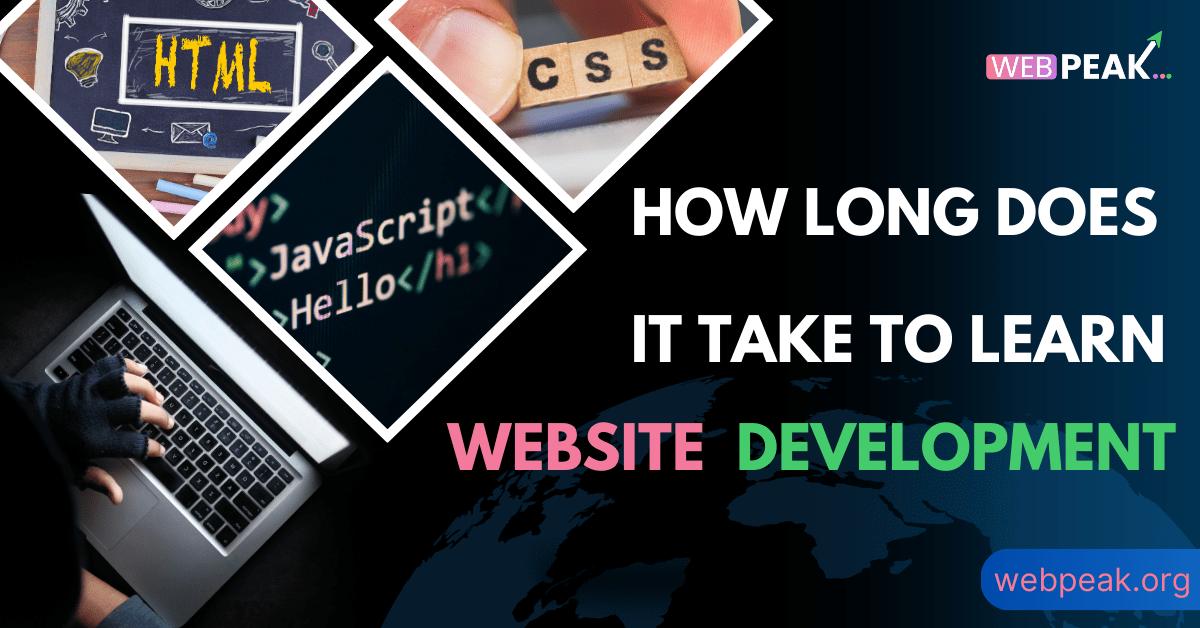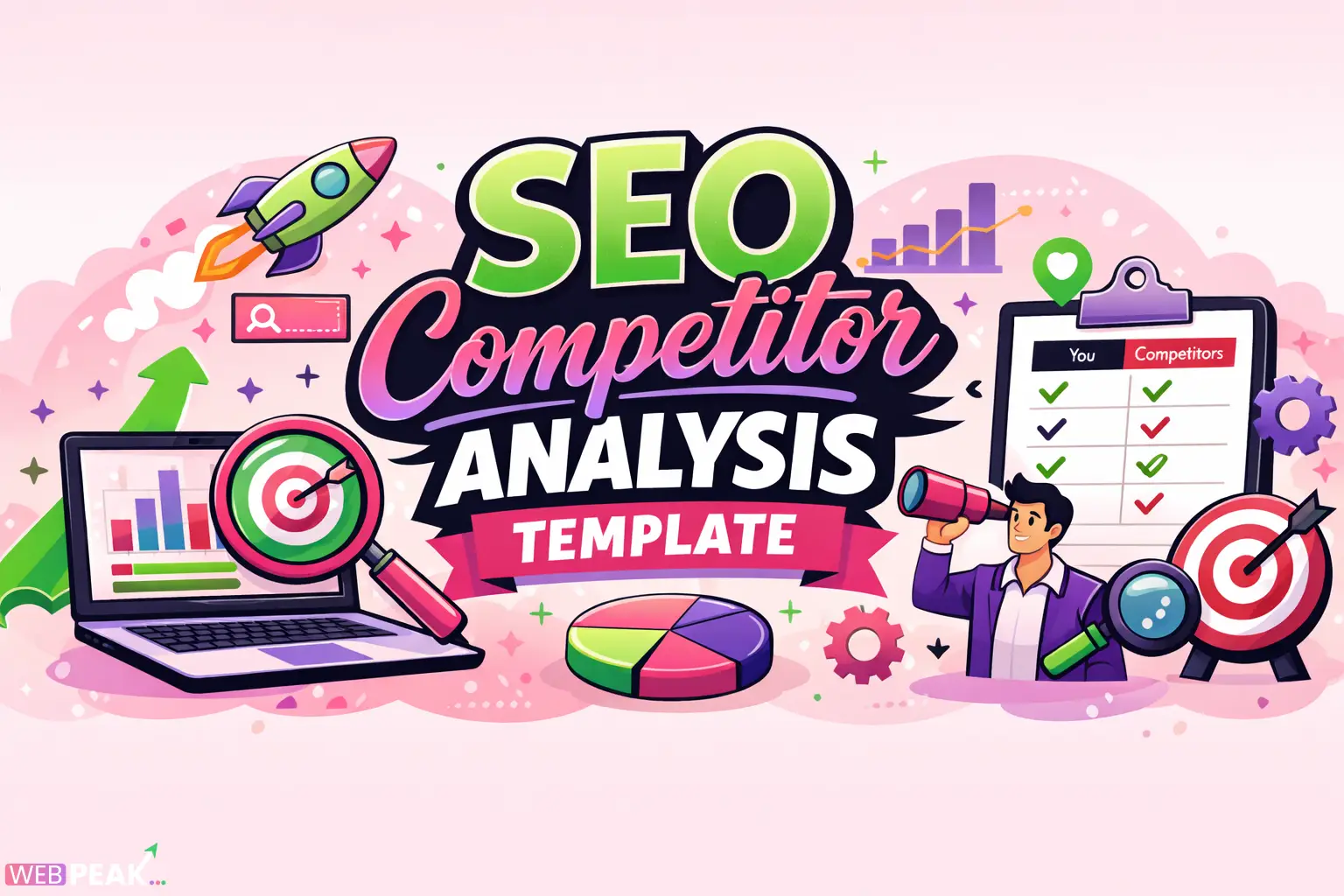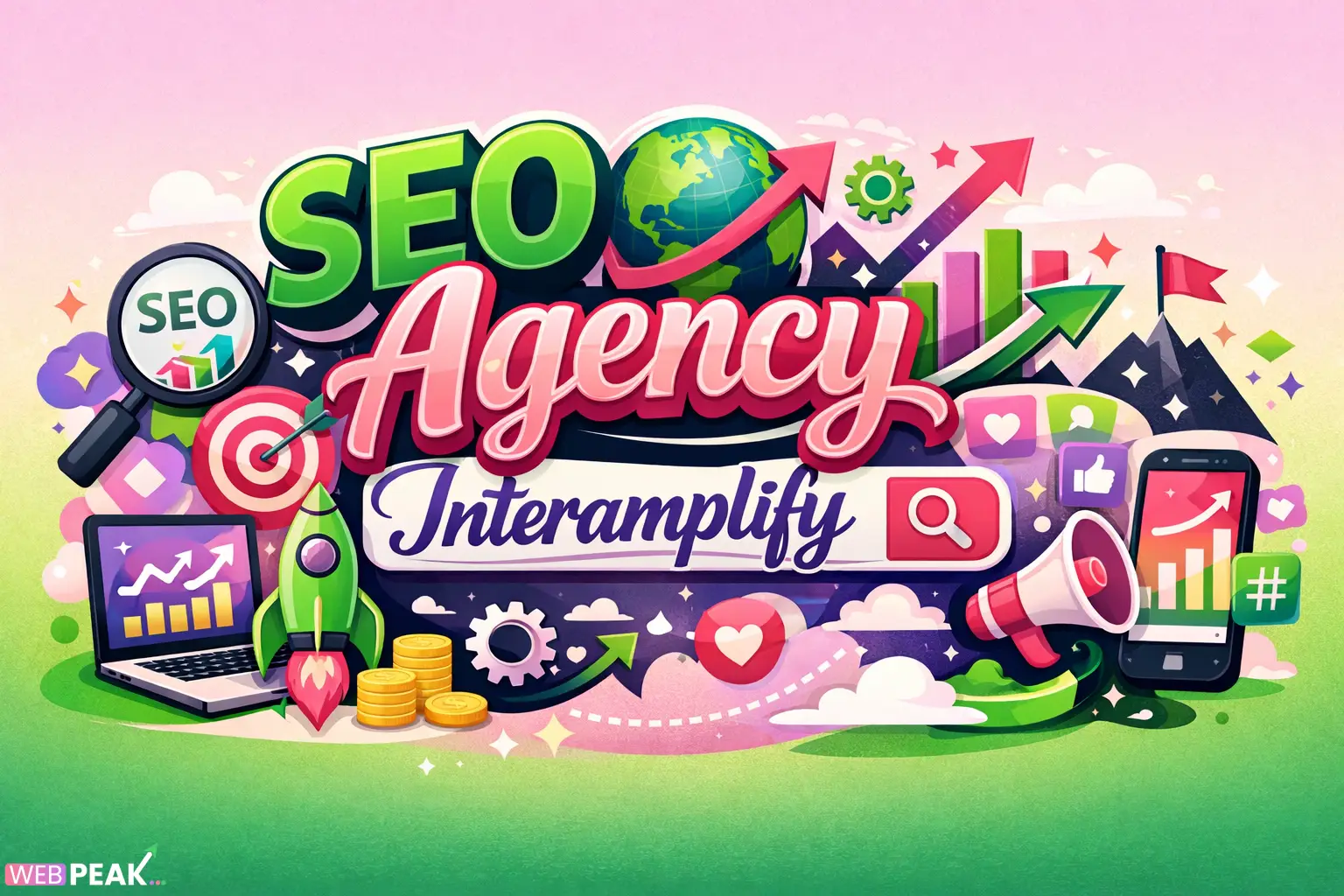How Long Does It Take to Learn Website Development?
Website development is a sought-after skill in today's digital age. Whether you're considering a tech career, want to launch your website, or simply want to add a valuable skill to your resume, learning website development is an excellent choice. However, one of the most common questions beginners ask is: How long does it take to learn website development? The answer varies depending on several factors, including your goals, learning method, prior knowledge, and time commitment.
In this article, we’ll break down what website development entails, explore the factors that affect learning time, and provide realistic timelines for beginners.
What Is Website Development?
Website development refers to the process of building and maintaining websites. It involves coding, designing, and optimizing websites to ensure functionality, aesthetics, and user experience. The field is generally divided into three main areas:
1. Front-End DevelopmentFront-end development focuses on the visible parts of a website, such as layout, design, and interactivity. Key technologies used include:
HTML : (HyperText Markup Language) The structure of a webpage.
CSS : (Cascading Style Sheets): The styling and design.
JavaScript : Adds interactivity and dynamic elements.
2. Back-End DevelopmentBack-end development involves the server-side logic, databases, and infrastructure that power the website. Common technologies include:
Programming languages like Python, PHP, or Ruby.
Databases like MySQL or MongoDB.
Frameworks like Django, Express.js, or Laravel.
3. Full-Stack DevelopmentFull-stack developers handle both front-end and back-end development, making them versatile professionals.
Factors That Affect How Long It Takes to Learn Website Development
1. Your Learning GoalsBasic Knowledge : If you only want to learn enough to build a personal website or blog, a few weeks of study may suffice.
Professional Skills : To work as a web developer professionally, expect to spend several months mastering the required skills.
2. Prior Knowledge and ExperienceBeginner Level : Starting from scratch will take longer as you’ll need to learn foundational concepts.
Technical BackgroundIf you already have some programming experience, you may learn faster.
3. Learning MethodSelf-Paced Learning : Online tutorials, courses, and resources allow flexibility but require discipline.
Bootcamps : Intensive programs that teach website development in 12–24 weeks.
Formal Education : A computer science degree usually takes 3–4 years.
4. Time CommitmentThe more time you dedicate daily or weekly, the faster you'll learn. Dedicating 10–20 hours per week can accelerate your progress significantly.
Realistic Timelines for Learning Website Development
1. Learning the Basics (1–3 Months)To build a simple website:
Learn HTML and CSS : These can be learned in a few weeks with consistent practice.
Basic JavaScript : Understanding JavaScript for adding interactivity can take an additional month.
Expected Outcome : You’ll be able to create static websites and understand the foundational principles of website development
2. Intermediate Skills (3–6 Months)To build dynamic and interactive websites:
Deepen your JavaScript knowledge, including DOM manipulation and ES6+ features.
Learn a front-end library or framework like React or Vue.js.
Gain familiarity with version control systems like Git.
Expected Outcome : You’ll be capable of building interactive web applications and have the skills to apply for junior front-end developer roles.
3. Full-Stack Development (6–12 Months)To master both front-end and back-end:
Learn server-side programming with Node.js, Python, or PHP.
Understand databases (e.g., SQL and NoSQL).
Familiarize yourself with APIs and RESTful web services.
Expected Outcome : You can build full-fledged websites and applications and qualify for full-stack development roles.
4. Advanced Skills and Specialization (1–2 Years)To specialize or become highly proficient:
Explore advanced concepts like web performance optimization, security, and scalability.
Learn about DevOps tools and practices for deployment.
Specialize in areas like e-commerce, progressive web apps, or mobile-first design.
Expected Outcome : You’ll be an expert capable of tackling complex projects and leading development teams.
Tips to Accelerate Your Learning
1. Set Clear Goals
Define your objectives. Are you building a personal project, freelancing, or aiming for a career change? Your goals will shape your learning path.
2. Practice Consistently
Regular practice is key. Work on small projects, such as personal blogs or portfolios, to apply what you’ve learned.
3. Use Quality Resources
Some popular learning platforms include:
FreeCodeCamp : Comprehensive and beginner-friendly.
Codecademy : Interactive coding lessons.
The Odin Project : A free full-stack curriculum.
4. Join Communities
Engage with other learners and professionals through forums like Reddit, GitHub, or Discord groups. Communities provide support, feedback, and inspiration.
5. Build Real Projects
Practical experience matters more than theory. Build real-world projects to enhance your portfolio and showcase your skills.
Challenges You Might Face
1. Overwhelm
The sheer volume of information can feel intimidating. Break your learning into manageable chunks and focus on one technology at a time.
2. Staying Motivated
Self-paced learners may struggle with motivation. Set short-term goals and reward yourself for achieving them.
3. Debugging Frustrations
Learning to debug code is a skill in itself. Use tools like browser developer consoles and embrace the learning process.
Conclusion
The time it takes to learn website development varies widely based on your goals, prior experience, and dedication. For a basic understanding, you can expect to spend 1–3 months. Developing professional-level skills may require 6–12 months, and reaching expert levels could take years of practice and specialization.
What’s important is to enjoy the process and stay consistent. The web development journey is rewarding, offering endless opportunities for creativity, growth, and career advancement. Whether you take small steps or immerse yourself fully, every bit of progress brings you closer to your goal of mastering website development.





